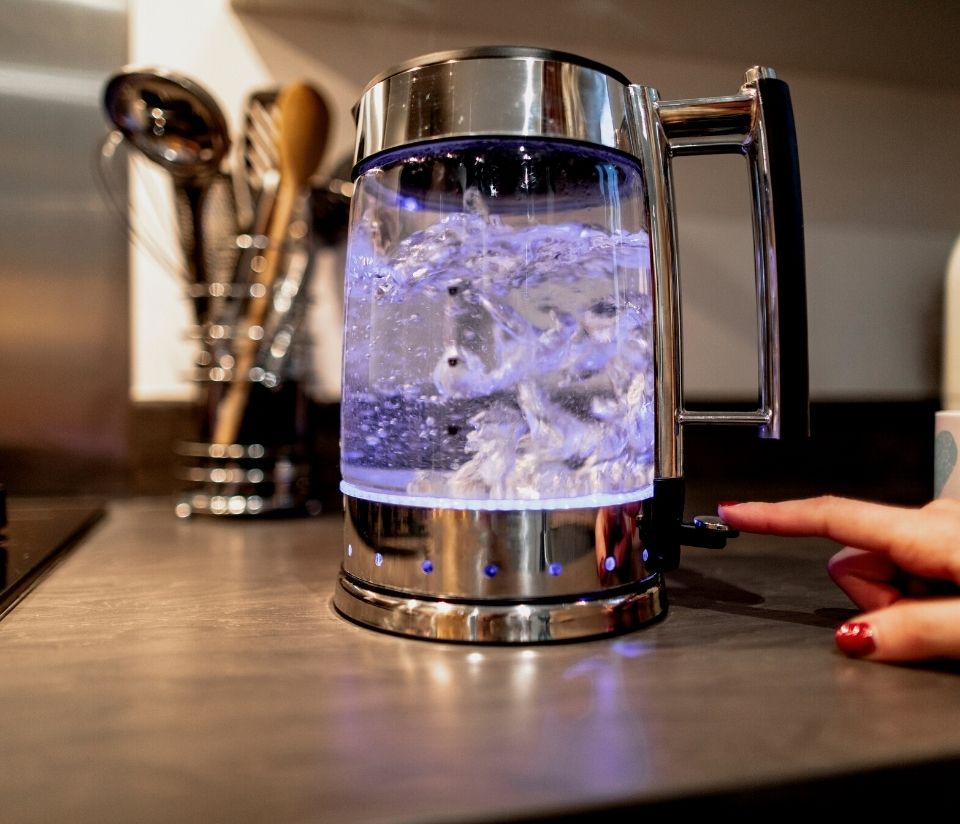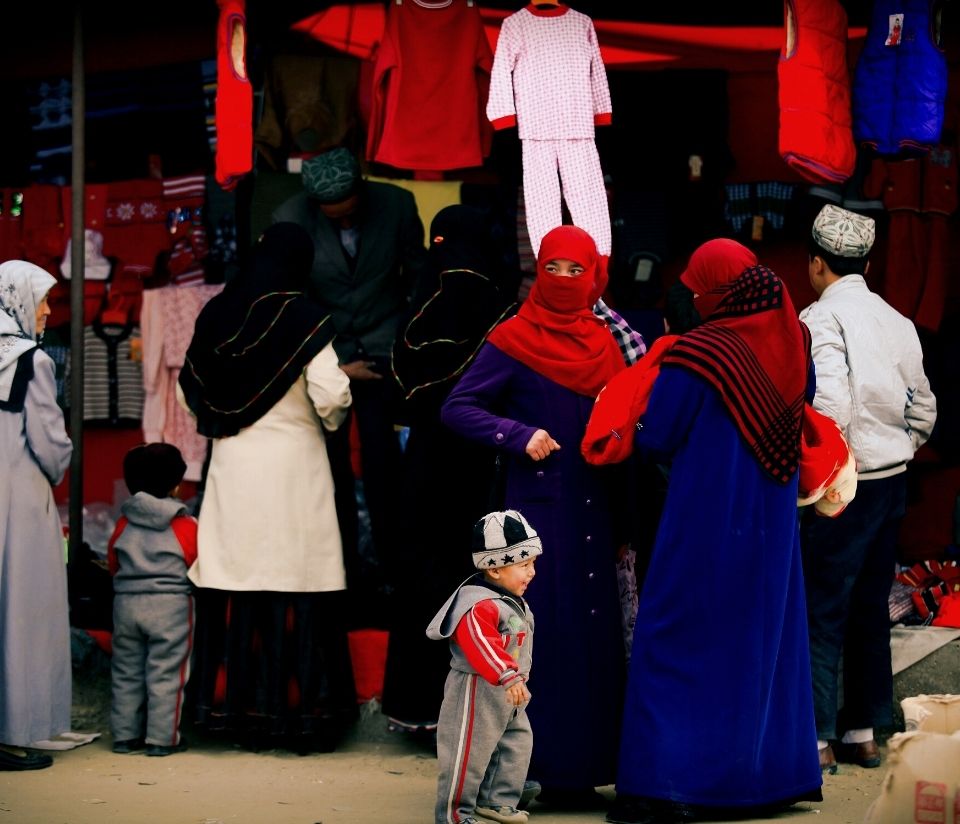
Which Is The Most Eco-Friendly Kettle?
See our Ethical Kettle Ratings Table to compare brands
Why should I buy an eco-friendly kettle?
The Brits are a historic nation of tea-drinkers. We can’t get enough of the stuff. Over 90% of people in the UK use a kettle at least once a day, with 40% of people using one 5 times or more! But have you ever considered the ethical impact of your kettle? If your current faithful pot is on its way out, maybe it’s time to invest in an eco-friendly kettle?…
Head over to our Ethical Kettles Ratings Table to check the ethics of kettle brands, and the parent company behind it. By choosing a brand in the green section of the table, you can feel confident that you are buying products from a truly ethical business.
How much energy does a kettle use?
You may be surprised to learn that kettles consume a massive amount of energy. According to The Guardian, the average UK household uses more electricity on kettles than ovens, with previous data suggesting that 34% of electricity consumption used in cooking, actually comes from kettles! (Another great reason to buy an energy efficient kettles and ensure you are not wasting energy by using your kettle unnecessarily.)
Additionally, when searching for an eco-friendly kettle, it is important to consider the company behind the brand you are purchasing from. Some kettle brands are owned by companies with poor human rights and environmental records, so you’ll want to avoid supporting these brands. (Even if they do offer a range of energy efficient kettles or eco-friendly kettles…)
Our research: The lack of truly eco-friendly kettle brands
Our latest research into kettle brands has revealed the lack of eco-friendly kettles on the market. Unfortunately, there are very few brands in this sector with an ethical focus, with many companies receiving a poor score for their Environmental Report.
Just under half of the companies assessed in our Ethical Kettles Ratings Table achieved a top rating for Environmental Report, with some companies having no report at all! To receive a top rating, companies must demonstrate a commitment to reducing their environmental impact by setting attainable, quantifiable targets for becoming more sustainable. This can include goals for reducing carbon emissions and energy consumption or increasing packaging recyclability.

Kettle brands and human rights abuses
Despite the rise in public interest in ethical and eco friendly kettle brands, we found that some companies are still involved in human rights abuses within their supply chains. For instance, the Australian Strategic Policy Institute named Robert Bosch GmbH, the parent company of Bosch, as one of the companies profiting from Uyghur forced labour.
In China, more than 80,000 Uyghurs, an ethnic group native to the Xinjiang region, have been sent to detention camps to work for technology, clothing, and automotive brands. The Uyghur people are also experiencing persecution from the Chinese government for their religion and ethnicity. Due to the immorality of profiting from the exploitation of vulnerable peoples, Bosch ha been marked down in our Human Rights category.
Our advice: How to buy an eco friendly kettle
Unfortunately, there are no energy efficiency labels for kettles, so finding an eco friendly kettle can be tricky. Luckily, there are lots of tips you can use to find an energy efficient kettle, as well as other things you can do to maximise the energy efficiency in your home.
Firstly, insulated kettles are more energy efficient, as they keep the water hot for a lot longer. This means that when you refill your tea or coffee, the water may still be hot enough and you will not need to re-boil. If you are looking for an energy efficient kettle, try finding one that is insulated.
As well as buying an energy efficient kettle, you can become more ethical in your energy consumption in several other ways. Since boiling the kettle wastes a lot of energy, make sure you are not boiling it when you do not need to. Additionally, kettles use up more energy if there is extra water in them, so make sure you only boil the amount of water you need. Try filling up your mug with water from the tap, and then pour that into the kettle to boil the right amount.
If an insulated kettle is not affordable, why not keep boiling water in an insulated flask to use throughout the day?
Finally, consider switching to a renewable energy supplier. By sourcing green energy for your home, you will have less reason to worry about your energy consumption. Renewable energy is derived from natural sources and is far more eco-friendly than energy sourced from fossil fuels, which produce high amounts of carbon dioxide. If you are interested in switching to a renewable energy supplier, have a look at our Ethical Energy Suppliers Ratings Table for the best picks.
See our Ethical Kettle Ratings Table to compare brands
Thousands of brands have been investigated by The Good Shopping Guide, and these have been evaluated and rated for their understanding of and concern for the Environment, Animals, and People. Every brand listed on our Ethical Ratings Tables has been examined in an article by The Good Shopping Guide. We have evaluated and analysed the claims made by thousands of brands regarding their business ethics and sustainability certifications. To learn more, click on any brand name.
Dualit, Braun, De’Longhi, Kenwood, Tefal, Philips, Swan, Daewoo, Haden, Morphy Richards, Russell Hobbs, Beko, Breville, KitchenAid, Bosch and Gaggenau.